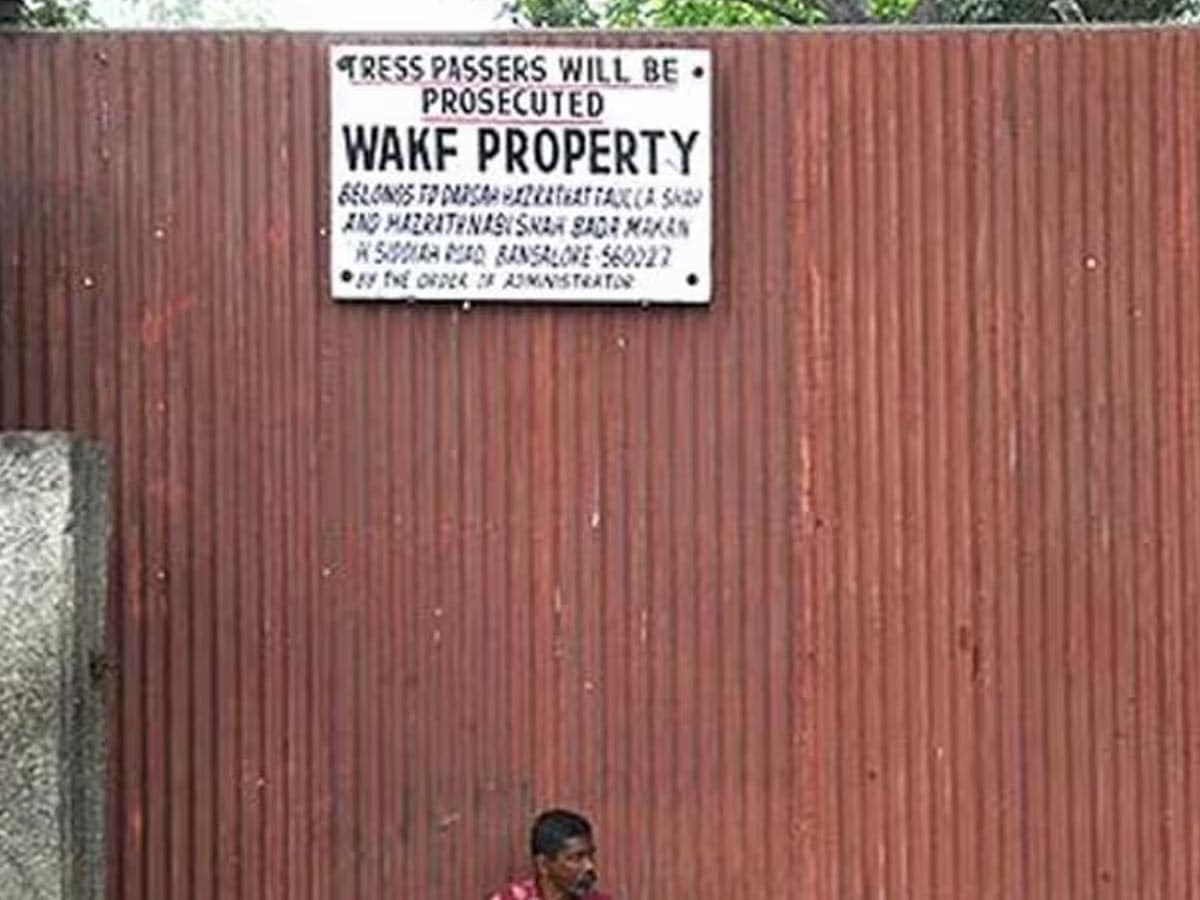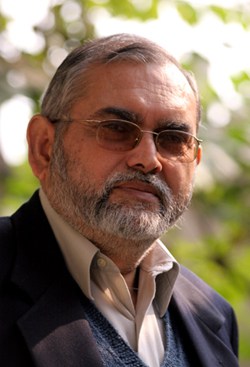

It is now confirmed that the Modi government will soon introduce two bills related to Waqf or Muslim endowments. The first will repeal the Waqf Act 1923 while the other will insert far-reaching changes into the Waqf Act 1995, so much so that the government, through the district Collector, will now decide if a certain property is a waqf or not.
The new bill builds on a tradition this government follows that it does not find it necessary to consult the stakeholders, the Muslim community in this case, as worthy of consultation in a matter directly and deeply touching it.
The government through this bill also tries to redefine what is a “waqf” property? It says that only a Muslim who has been practicing his religion for the previous five years can make a waqf and that the earnings from waqf properties will be spent on certain specified heads while, under Islamic law, anyone including a non-Muslim, can make a waqf and the earnings of a certain waqf property may be spent only as specified by the person making that waqf.
The new bill also opens the gates for non-Muslim legislators and others to become members of the Waqf Council and the state waqf boards. This means that endowments of other religious communities too will be administered by people outside their communities.
In a nutshell, the new amendments will usher in a Collector Raj to decide at will what is a waqf and what is not. The finality of the waqf tribunals’ verdicts has been taken away and given to the Collector. The new amendments also establish the tradition of this government of ignoring to consult the Muslim community in matters deeply affecting it. It started this process with the introduction of the triple talaaq bill in 2019 when a minister boasted on the floor of the house that the government has not consulted the Muslim community about the said bill. Same is the case with the Uniform Civil Code which is slowly being pushed to a stage when a central bill will soon be introduced in Parliament, without consulting the community.
The new bill gives the state governments sole power to nominate members of its waqf board. Moreover, some or all the nominees may not be Muslims. The amendments also undo the oral appointment of caretakers (mutawallis) of waqf. This has bearing on the oral declaration of waqf in violation of the Islamic law.
In a nutshell, the new amendments not only attempt to usurp the powers of Islamic scholars to interpret the waqf laws but also place the administration of waqfs in non-Muslim hands which is a serious infringement on the powers and rights of religious communities to administrator their endowments according to their religious laws.
The government must desist from treading this dangerous path. It should hold serious discussions with Muslim scholars, particularly with the representatives of the Muslim Personal Law Board, before moving further in this matter.
Dr Zafarul-Islam Khan is President of All India Muslim Majlis-e Mushawarat. He is also the former Chairman of the Delhi Minorities Commission.



